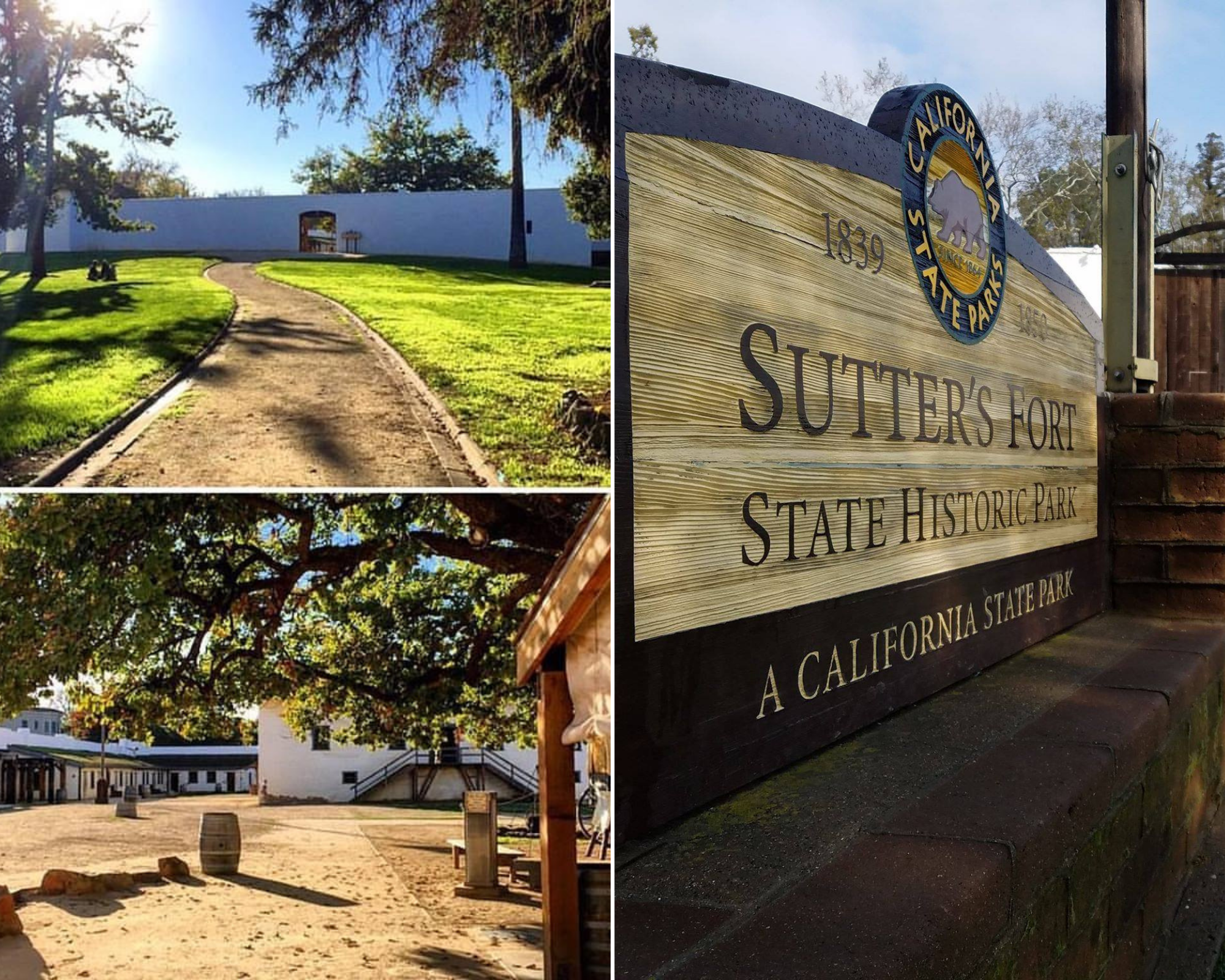March 13, 2022 - California State Parks is gathering public input on a proposal to fundamentally change the way history is interpreted at Sutter’s Fort State Historic Park (SHP) as part of State Parks’ Reexamining Our Past Initiative.With this effort, a more inclusive and historically accurate history will be shared with the thousands of school children and visitors that annually tour the National Historic Landmark site located in California’s capital, Sacramento.
Sutter’s Fort SHP has long served as an iconic memorial site principally dedicated to telling the story of Swiss immigrant John Augustus Sutter’s ambitious achievements in the early half of 19th century. Interpretation programs have presented mostly positive narratives of Sutter’s role in supporting American settlement leading up to gold discovery in 1848, through the very beginnings of the development of Sacramento, and California’s rapid ascension into American control and statehood two years later. However, California Native American oral histories and contemporary scholars make clear that there is a more complex story to John Sutter that has yet to be fully acknowledged. Sutter’s role in coercing labor, enslaving, assaulting, and murdering Indigenous people is well documented, and the traumatic experiences are remembered by the surviving descendants to this day.
“While Sutter’s Fort SHP focused on John Sutter’s role as Sacramento’s founder and a pioneer of the California dream, the park missed talking about the real impact of Sutter and on the Native American people,” said John Fraser, Capital District Superintedent. “State Parks is committed to telling a more accurate and inclusive story so that everyone will feel comfortable visiting this historic park and reflect on its complex past.”
California State Parks has spent this past year consulting with Tribal Nations who are sharing their perspectives about what the site means to them and helping to develop interpretation content for their previously untold stories. The public can explore these ideas and plans at InterpretingSuttersFort.org.
In collaboration with State Parks, the National Park Service has approved California State University Sacramento to update the original 1961 National Historic Landmark nomination for the site. This work will provide a broader context for better understanding the diverse cultures and complex history of Sutter’s Fort, including the late 19th century efforts by the Native Sons of the Golden West and the State of California to restore and preserve the site.
State Parks is hosting two workshops to seek public input on proposed language for the interpretation mission, vision, goals, and themes being developed for the park’s Interpretation Master Plan.
The first virtual workshop will be on Wednesday, March 23 from 6 – 8 p.m. State Parks will host an additional virtual workshop on Thursday, April 14 from 6 – 8 p.m. To review State Parks proposals and register for the public workshops, visit InterpretingSuttersFort.org.
The Sutter’s Fort State Historic Park Interpretation Master Plan is part of a larger effort within State Parks’ Reexamining Our Past Initiative. Among its goals, the initiative seeks to address interpretive programs and exhibits in California’s State Park System that fall short of fully contextualizing the state’s history. The initiative was started in 2020 when State Parks joined with other California State Agencies to redress discriminatory names within the state park and transportation systems. This followed the national conversation about racist public memorials in 2019, as well as Governor Newsom’s formal apology to Native Americans and the creation of the California Truth and Healing Council that same year.

Views of Sutter’s Fort State Historic Park. Photos from California State Parks.
Source: CA. State Parks








